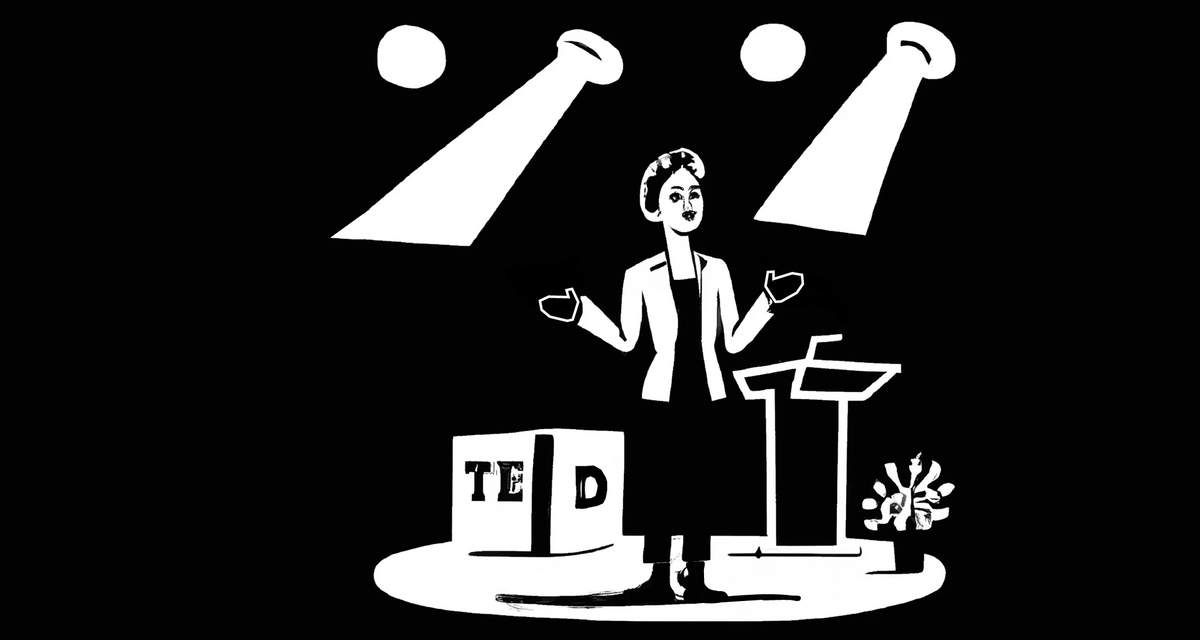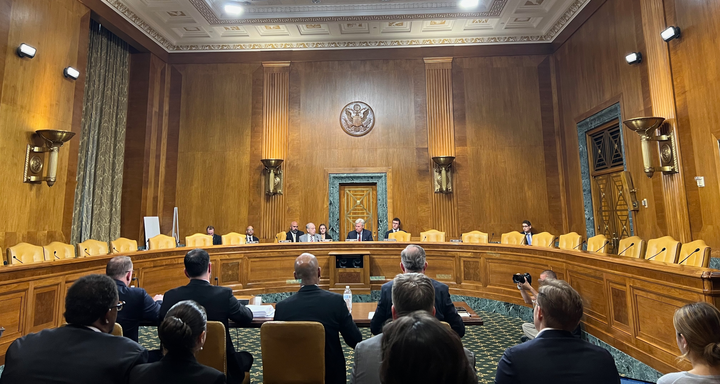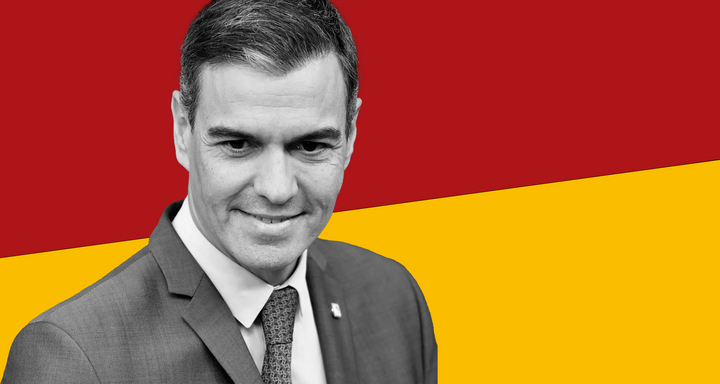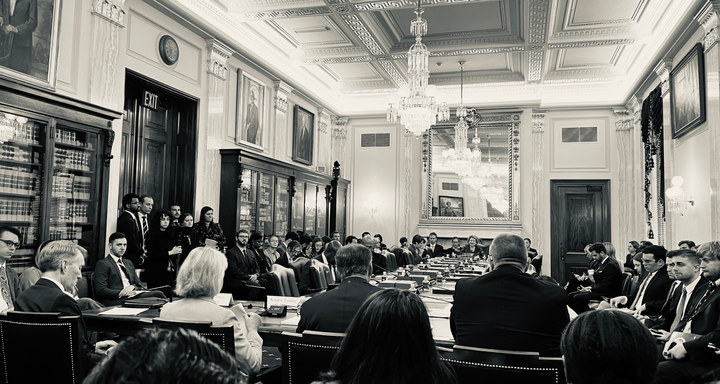Pedophilia as a recognized sexual orientation has gained relevance with a rising number of organizations and academics within the last decade alone.
In 2018 Dutch psychologist Madeleine van der Bruggen proposed the concept of pedophilia as a sexual orientation on a TEDx stage. Lecturing on the social dynamics of sex offenders she positioned a sympathetic nuance around the susceptibility of loneliness among those with pedophilic interests.
Van der Bruggen advises the Dutch National Police, who a year earlier, uncovered a network of over 90,000 offenders sharing child sexual abuse materials on the dark net.
“People from all over the world were logging into this network anonymously,” said van Der Bruggen, “Some of these people only had the aim of collecting child sexual abuse materials online, others also had the aim of abusing children themselves. Regardless they all found a deep satisfaction in discussing their deepest fantasies and experiences.”
Pedophilia networks thrive in marketplaces that enable access, affordability, and anonymity. A strategic assessment by the European Cybercrime Center showed the majority of child sexual abuse materials are distributed from peer-to-peer networks. A glimpse into the world of pedophilia support groups in cyberspace documents how these groups use the broader World Wide Web to advance agendas and recruit new members. There is no policing between minds on pedophile networks, whose subcultures primarily serve as social mechanisms which validate their interests and offenses. There is no known physical agency to restrict them of the unlimited and often free access to child sexual abuse materials. If anything, sympathetic peer networks advance their belief that they have achieved societal approval and moral support.
“In criminology, the advancement of social learning theory by Akers and colleagues, covers the broader concept of reinforcement and imitation. The nature of having others share in fantasy enactment is coercive, the playfulness of conversation is intended to groom members who are children (Burgess & Akers 1966).” -A Glimpse Into The World of Pedophilia Support Groups In Cyberspace
“Most of these people know they have feelings that they should repress...most of these people don’t offend,” says van der Bruggen, she follows with a more truthful aftereffect, “but sometimes something goes wrong and they do offend.” It is unclear what the acceptable number of casualties are for academics who call for experimentation at societal expense. A glimpse in realism would reach back in history when child abuse was avant-garde, like the time orphaned boys were placed under the guardianship of pedophiles in 1970s west Germany under the guidance of Helmet Kentler. Or when the, “father of sexual liberation”, Alfred Kinsey researched child sexuality by placing children in rooms with known pedophiles. Over 300 children formed the basis of Kinsey’s molestation experiments in child sexuality, the youngest subject was only 2 months old. Experiments like these have the potential to be manipulated under the guidance of authority figures seduced by their own intellectual ideals.
The media tends to portray the worst cases, maintains van der Bruggen, although, when offenders are caught they will often have thousands of child sexual abuse images curated from pedophilia networks in their possession, and what is reported in the media is a mere fraction of the number of offenses that occur. Van der Bruggen doesn’t like the stigma associated with pedophilia, and creates scenarios where she invites her audience to consider things like, what if your brother was a pedophile? Or a neighbor, you wouldn’t want your neighbor punished would you?
Ask Marcel Jeninga this question and you might get a more sane and rational response. In 2009, Jeninga discovered his neighbor had been sexually abusing his 3-year-old daughter. DNA evidence linked the neighbor, Geert B. to the sexual abuse of other children, and found him responsible for the cold case murder of 8-year-old Semiha Metin. Geert had been using a pedophile manual published by the banned pedophile association, Martijn, for tips on how to sexually abuse children. This past year, Martijn’s former chairman went under suspicion for the sexual abuse of children and was arrested in Ecuador.
For 14 years, Marcel Jeninga advocated for the criminalization of instruction manuals that guide pedophiles in the sexual abuse of children. This past summer, Jeninga finally succeeded.
“The criminal justice system has always been meant to be a last resort, and we should keep it that way” says van der Bruggen against the enormously popular punitive laws meant to punish offenders who sexually abuse children. Laws should not protect pedophiles and offenders, even if they are discovered in the planning stages the preparatory act in itself is criminal.
“From an emotional point of view,” says van der Bruggen, “I can understand why you would want to eliminate these people from society, however it doesn’t make sense, and that’s because we are talking about biology, we are talking about a sexual orientation, something that we simply cannot change. Everyday, new people are born with the same difficulty, so it’s not practical to eliminate these people from society, they haven’t done anything wrong.” Even though the strong and reflective urge of a pedophile by default is wrong, like Kinsey and Kentler, van der Bruggen would like to observe what happens if we trust them.
Van der Bruggen describes pedophilia as a natural preference people are born with and should be able to live out freely. She says most pedophiles won’t act on their impulses because they know it is illegal, which sounds experimental, rather than a scientific observation from her time working in this field.
Van der Bruggen’s call to action for open attitudes regarding pedophilia falls in line with the concept of the virtuous pedophile, a group of users who profess a sexual interest in children and deny they will ever or have ever acted on their sexual attraction to children. The painting of pedophiles into patron saints of innocence is years in the making. Similar theories have arisen from the work of German sexologist, Klaus Michael Beier, who described pedophilia as a sexual orientation years before while on a visit to speak with NGOs and hospitals in Pune, India.
“Pedophilia is something that a person is born with — a sexual orientation like heterosexuality or homosexuality — and has no cure,” said Klaus Beier.
The virtuous pedophile and offending pedophile both describe themselves as fighting against forces beyond control, redemption is met through the mercy of others living along this same boundary, who in turn, evangelize the practice of self-restraint. These groups describe themselves as the victim, and society as the enemy. To advance this manipulation, they seek societal consent and approval.
“In my career I’ve seen sex offenders with a lot of life potential, social charismatic men, with no psychological disorders whatsoever” van der Bruggen says, omitting that the Diagnostic and Statistical Manual of Mental Disorders (DSM-5) includes pedophilia and characterizes it as a disorder. So what is causing the split in differing dichotomies among clinicians? The short answer to a complex problem is activism and the politicization of science.
In 2013, American-Canadian sexologist Ray Blanchard, who writes the criteria for pedophilic disorders in the DSM made a textual divergence in describing pedophilia as a sexual orientation. The APA released a statement claiming it was a typo, noting it would make a correction in the manual’s electronic version and in the next print edition. A colleague of Blanchard, James Cantor blamed lobbyists and editors above Blanchard’s committee, claiming the committees took fetishists too seriously.
The fetishist community had been making demands to the DSM committee to change terminology, and according to Cantor, Blanchard’s solution was to separate sexual interests from the diagnosis of a sexual disorder. This way, said Cantor, “One could be a fetishist, but not medically deemed worthy of a disorder”. “The fetishists model for societal acceptance,” said Cantor, “was doing what the gay movement did- going after the language.”
An NIH paper written by Cantor and Blanchard, alleges pedophiles are born, not made. Cantor also calls for pedophilia to become part of the LGBT acronym.
“Speaking as a gay man,” says Cantor, “I believe we should include the P [pedophile]. To do otherwise is to betray the principles that give us our rights.”
Sexual minorities fall under civil rights categories, which means the legalization of pedophilia as a sexual minority would grant pedophiles various legal protections.
Cantor and Blanchard rose as senior scientists at the Centre for Addiction and Mental Health (CAMH), Canada’s largest mental health teaching hospital. These institutions breed a class of intellectuals who see pedophilia as a multidimensional scale of sexual interest, and in turn they train others, and bring these ideas abroad, from Germany, to Canada, to the United States.
Forensic psychologist, Michael Seto, a former colleague of Cantor’s at CAMH, claims that pedophilia in males can be parsed down to an identity label , in the same way homosexuality has been parsed down to identity labels like “queer” and “gay”. Seto argues that viewing pedophilia as a sexual orientation will prevent child abuse and that removing the stigma of pedophilia will encourage those who want to offend to seek treatment for self-regulation. Except self-regulation methods for pro-pedophilia advocates relies heavily on peer-to-peer support groups, and they are typically not interested in traditional treatment methodologies; why should they be, if they or society views pedophilia as a sexual orientation then there is no mental illness to overcome.
Michael Seto’s impact on this space influences governance and law, even after his paper on pedophilia as a sexual orientation was published Seto also wrote a chapter on internet-facilitated sexual offending for the SMART program in the Department of Justice.
Academia has a long history of defending pedophilia, despite the overwhelming evidence that sexual fantasy plays an integral role in the development of behaviors that lead to child sexual abuse. Pro-pedophilia academics and institutions work towards an ideological circle of power, hidden behind superficial scientific ideologies and certainties.
Pedophiles want us to believe that contact with a child seems beyond reason even to them, and that in turn, they possess a moral compass, understand their attraction is a predation and work hard against it. The belief that pedophiles understand boundaries and will adhere to them is part of the manipulation. This becomes a key component in their activism and advocacy to convince others they are harmless and not worth the scrutiny society levies on them.
The basic human need of being desired, cared for, and understood is perverted in service to the twisted needs of those who abuse, exploit, and murder children. Those who investigate sex crimes and missing persons, know what they are up against.
Deception is a cooperative act because it needs and seeks public consent. Society can protect itself and its children by refusing to collaborate in the manipulations put before them, and actively working against the falsehoods that further pedophilia and child sexual abuse.
The virtuous pedophile is itself a creation myth, resting on fantasy, and marred by varying degrees of logical fallacies. In the words of Thales of Miletus, “Someone asked him if it would be possible to hide evil from the gods. He said, “Not even in your thoughts.”
References:
Holt T. J., Blevins K. R., Burkert N. (2010). Considering the pedophile subculture online, online. Sexual Abuse: a Journal of Research and Treatment, 22(1), 3–24. https://journals.sagepub.com/doi/abs/10.1177/1079063209344979?journalCode=saxb [PubMed] [Google Scholar] [Ref list]
Europol European Cybercrime Center. (2014). Commercial sexual exploitation of children online a strategic assessment. https://www.europol.europa.eu/cms/sites/default/files/documents/efc_strategic_assessment_2014.pdf
Notes:
If you suspect a child in your life may be experiencing sexual abuse, you can talk to someone who is trained to help. Call the National Sexual Assault Hotline at 800.656.HOPE (4673) or chat online at online.rainn.org.
Fight Against Abuse, a foundation started by the Jeninga's
An older version of this article was originally published in The Post Millennial






Comments ()